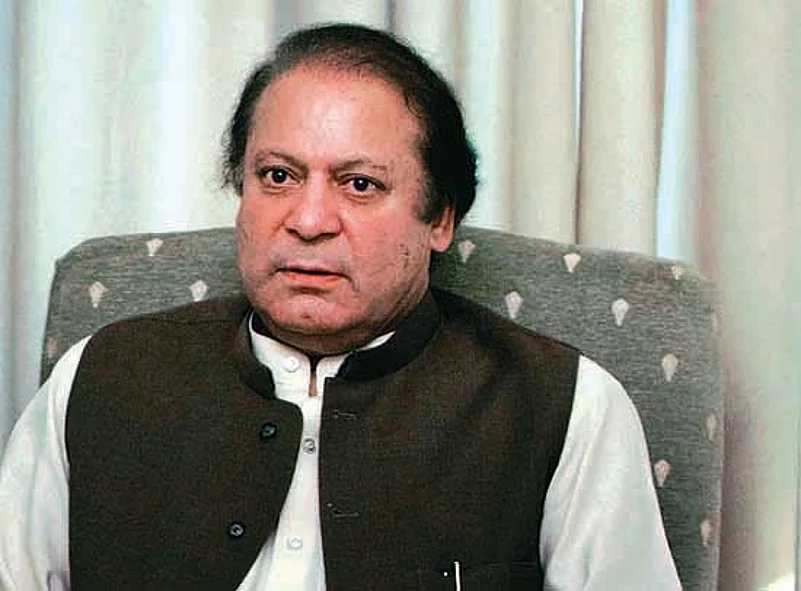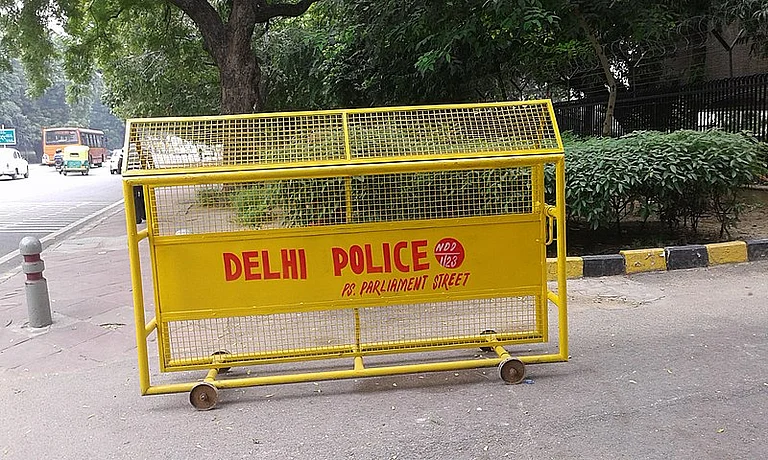Returning from Saudi Arabia on Thursday afternoon, Prime Minister Nawaz Sharif drove straight to the ministry of foreign affairs and called an ‘emergency’ meeting. The attempt was surely aimed at addressing bilateral ties with India, after allegations of skirmishes across the LoC saw hawks in New Delhi demand that all future peace talks with Pakistan be stalled. Sharif’s gesture was directed at PM Manhohan Singh so that he doesn’t refuse an anticipated meeting with Sharif next month.
A day earlier, when the DGMOS made telephone contact, both sides had stuck to their stated positions. Sharif summoned the heads of the security establishments to the foreign office. Since becoming PM, Sharif has held on to the defence as well as the foreign portfolio—it is seen as his attempt to reclaim civilian authority over these two crucial ministries that deal frequently with India. “The two countries need more dialogue to address the frequent flare-ups on the Line of Control, not less dialogue or suspension of talks. Both countries need more robust rules of engagement to build on and ensure adherence to the 2003 ceasefire agreement,” Sharif said in a statement after the meeting. He argued that two sides also need to prevent derailment of the dialogue process due to early advent of the election season in India.
Many argue that the Pakistan army has never shied away from admitting its engagement on the LoC and they are not trying to deny that five Indian soldiers have died. But they point out that the army is a disciplined force and not in a habit of ‘escorting’ non-state actors across the LoC. Non-state actors (militants/mujahideen) do from time to time engage the Indian army after crossing the LoC. But army support for them is a policy which ended during Musharraf’s time.
Many in Pakistan were surprised at the excitement in New Delhi when Sharif came to power, whom many Indians see as a champion of peace. Disruptions of bilateral dialogue never happened under the watch of civilian governments in Pakistan. If they were stalled because of Kargil, or activities by Punjabi jehadis or the beheading of an Indian soldier at the LoC, the army and non-state actors had a leading role. Thus, when Sharif says “he was saddened over the recent incidents on LoC”, it raises hope amongst many Pakistanis, for he is seen as a PM who will not let his India policy be hijacked.





















